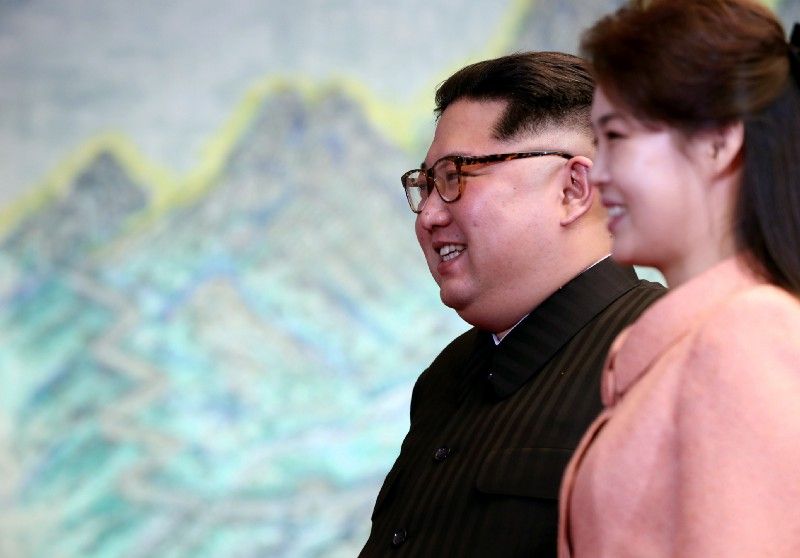One of the big questions coming out of last week’s historic Korea summit is: what does Kim Jong-un actually want out of all of this feelgood summitry?
One possible answer, presented over the weekend, is that Mr Kim will give up his nuclear weapons in exchange for a promise from the US not to invade his country.
Interesting. The North Koreans have often pointed to the grim fates of Libya’s Muammar Qaddafi and Iraq’s Saddam Hussein as examples of what happens when you give up WMDs (or fail to develop them). Neither of those men, of course, ever got an explicit promise from the US not to invade.
The only example we can think of in which Washington has done such a thing (hat tip to Willis, resident expert on the 1960s) came in 1962 when US President John F Kennedy defused the Cuban Missile Crisis by assuring Soviet Premier Nikita Khrushchev that the US wouldn’t invade Cuba provided the island stayed verifiably free of nuclear weapons. Sure enough, half a century later, Fidel Castro died in his bed rather than at the wrong end of a bayonet or a noose.
Could Kim hope for a similar outcome? We’re skeptical. Cuba after 1962 posed almost no military threat to the US or its allies, making it relatively easy for JFK to forswear action against the country, particularly given the real possibility that the Soviets would have intervened on Havana’s behalf.
But North Korea today maintains the world’s fourth largest standing army, a formidable conventional force that could easily threaten South Korea, Japan, or US troops in the region. It’s hard to see the Trump administration tying itself to a no-invasion promise given the strategic challenges that even a denuclearized North Korea would pose.
Of course, if you’re Kim, you’re also aware that a promise not to invade isn’t the same thing as a promise not to send, say, an oversized exploding mollusk to kill you while you are scuba diving (you have to click on this link, do it.) All of which is to say, it’s hard to imagine the US making — or Kim believing — a promise not to invade the North.
